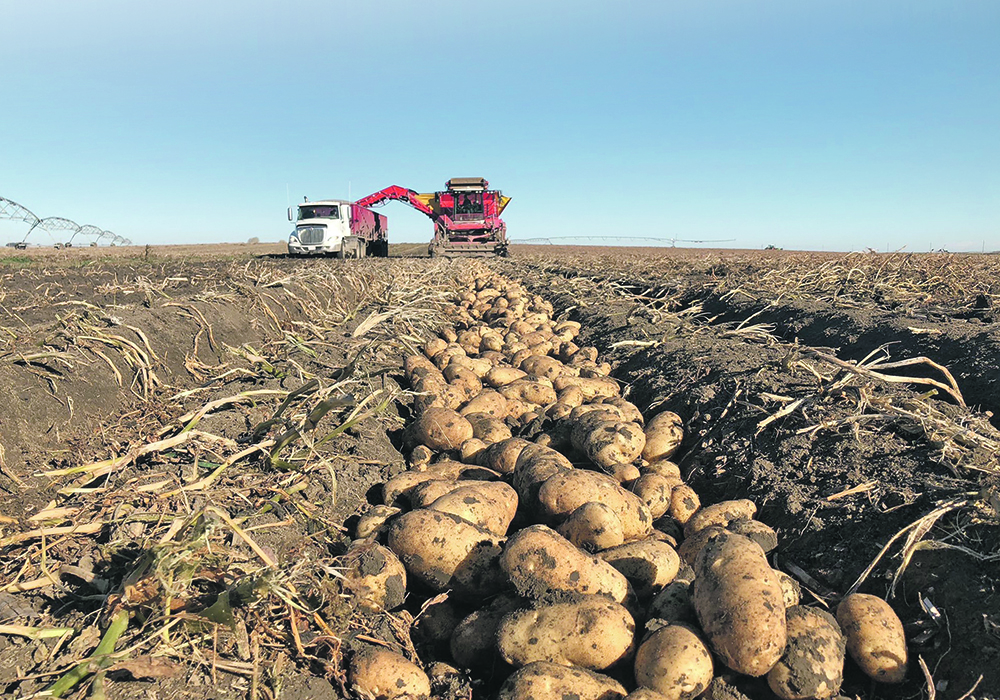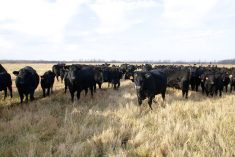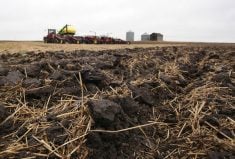McCain Foods is pushing forward to implement regenerative agricultural practices across all its contracted potato acres in the next eight years and is incentivizing growers through a joint program with Farm Credit Canada.
Daniel Metheringham, McCain vice-president of agriculture, said the Sustainability Incentive Program is part of the company’s Regenerative Agriculture Framework.
“One of the biggest things we see in regenerative agriculture and sustainability goals is a lot of the time, they are not quantifiable. They are not data and research driven and that’s one thing we wanted to set an ambition for ourselves,” said Metheringham.
Read Also

Why feds imposed EV tariffs
Moe and Kinew have a fight on their hands when it comes to eliminating the EV tariff. Canada has to worry about pissing off the U.S. and Mexico and hundreds of thousands of auto workers.
McCain’s regenerative framework seeks to see its contract farms adopt six key principles by 2030:
- farm resilience
- soil protection
- enhancement of crop and ecosystem diversity
- minimal soil disturbance
- reductions to chemical and water use
- integration of organic and livestock elements
“As we look through the framework and different elements of it, all of them are grounded on things that we can measure and gather data on,” said Metheringham.
While such data collection is not easy, it is necessary to ensure such initiatives designed to ensure potato farms are set up to meet the challenges of climate change, volatile input costs and regulatory uncertainty, are meeting sustainability goals, he said.
The framework divides farmers into four categories of engagement with regenerative practices from the initial onboarding level through to beginner, master and expert with each requiring a successively increasing level of knowledge and implementation.
FCC is widely used by potato growers, and the incentive payment will be a calculation based on a portion of their total owing for eligible lending up to $2,000.
McCain will add to that incentive by matching funds for those farmers going through the start-up stages. Those at the beginner level will have the company match $2 for every dollar received from FCC. At the highest level of master and expert, the incentive will be a maximum of $14,000 from McCain in addition to the $2,000 from FCC.
Metheringham said those differing levels allows the company to help farmers identify areas which required targeting to reach the next level.
“Yes, it’s ambitious, but it is also achievable because the real pioneers are already meeting some of those levels,” he said.
Metheringham said the inspiration behind the initiative comes down to one major reason.
“Climate volatility. We see climate volatility all the time and quite simply, sustainability is about ensured supply. If we’re delivering ensured supply, that means our farmers year on year are getting their yield out of their fields and good quality, good condition so we can make our delicious french fries.”
By giving producers the tools to ensure potato crops are able to cope with either excessive moisture or lack of it, it gives financial security to growers while ensuring supply to the company, said Metheringham.
McCain plans to conduct a number of workshops to assist potato farmers but is also launching programs such as the Sustainability Incentive Program.
“What we actually have to bridge (are) some of the short-term hurdles,” said Metheringham. “But longer term, the practices that we are wanting to put in place have to stand up on their own. There has to be a return on investment.”
















